#black community
Text
B L A C K • L O V E 👌🏾🌹✨
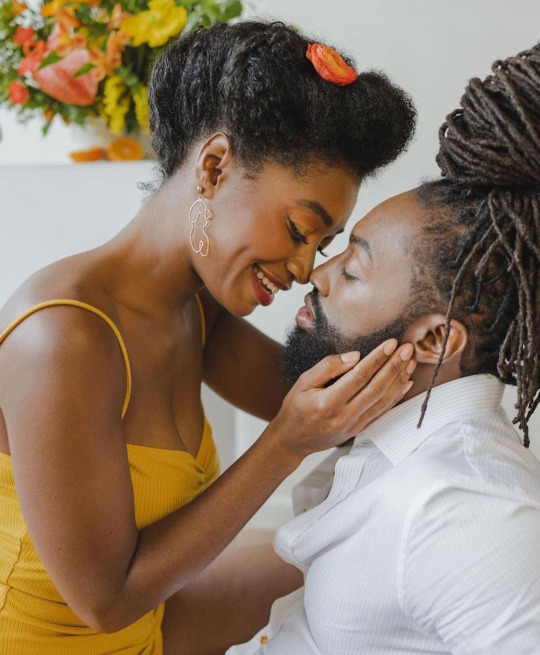
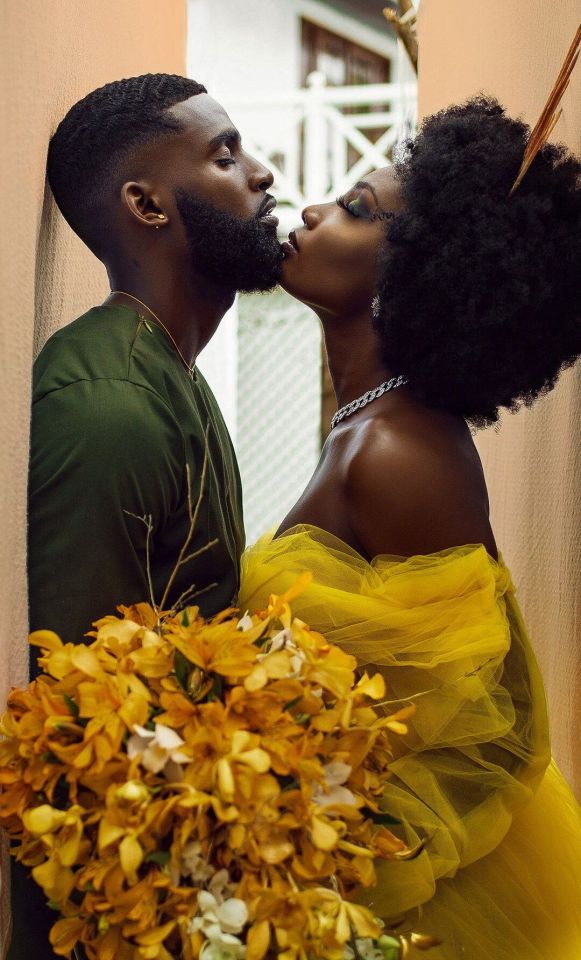
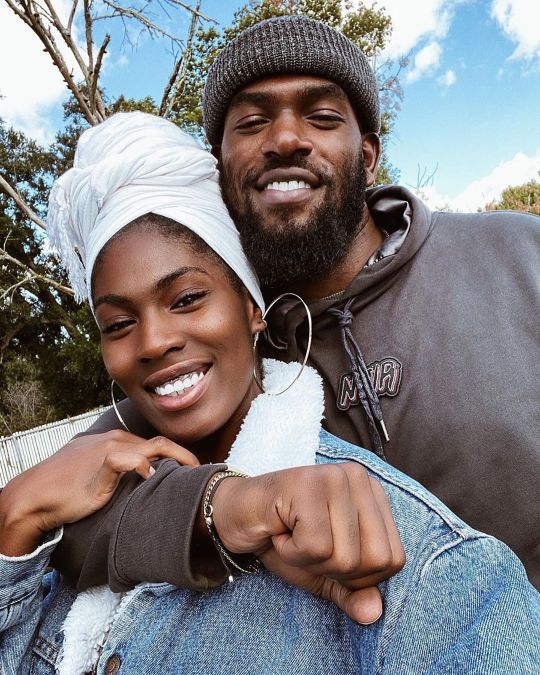
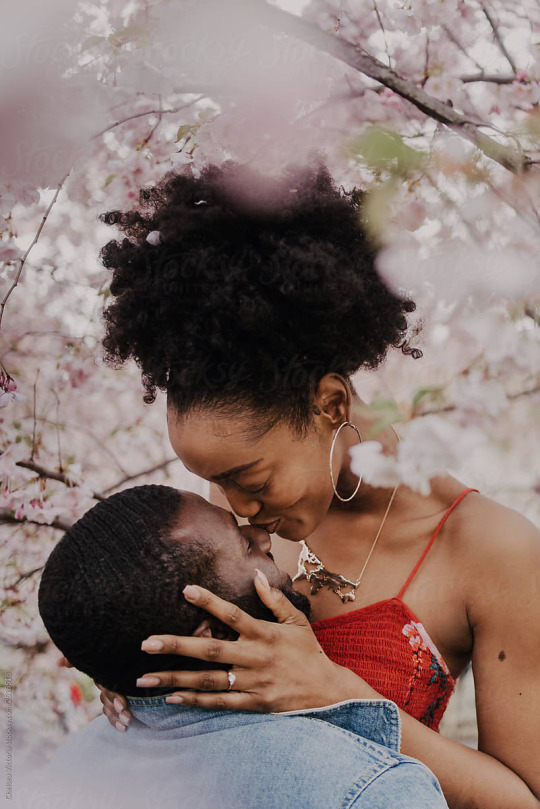

#black is beautiful#black people#black women#black couple#black love#black beauty#black community#black culture#relationship#lovers#in love#love aesthetic#couple#intimacy#intimate#couple aesthetic#couple goals#photography#black woman beauty#couple photography#couple love#black is sexy#black is divine#committed#marriage#matrimony#black positivity#love relationship#couples in love#couples
35 notes
·
View notes
Text
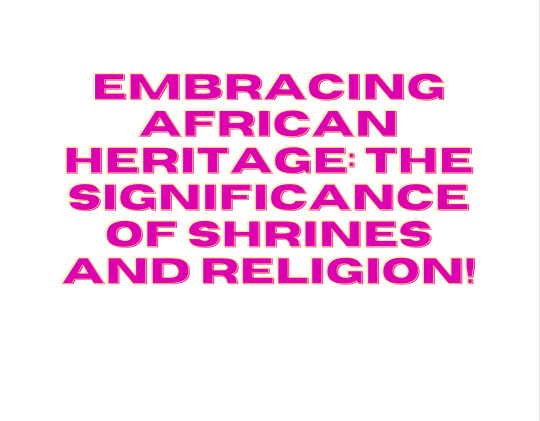
Embracing African Heritage: The Significance of Shrines and Religion
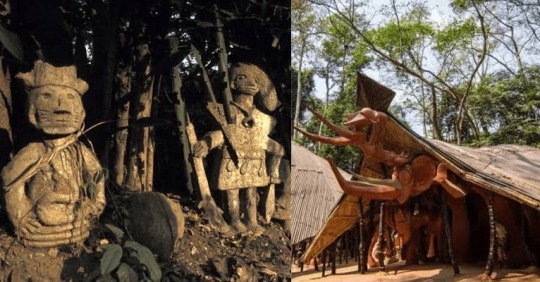
Africa, often referred to as the cradle of humanity, boasts a rich tapestry of cultures, traditions, and spiritual beliefs that have endured for millennia. Central to this heritage are the sacred shrines and profound religious practices that serve as pillars of community, identity, and connection to the divine.
Shrines, both natural and constructed, hold a special place in African spirituality. These sites are often nestled in the heart of communities or hidden within the vast landscapes of the continent. From the iconic pyramids of Egypt to the humble groves of the Yoruba in Nigeria, each shrine reflects a unique blend of history, mythology, and reverence for the ancestors.
One of the fundamental aspects of African religion is the veneration of ancestors. Ancestral shrines serve as focal points for prayers, offerings, and rituals aimed at honoring those who came before. These ancestors are believed to possess wisdom, guidance, and protection, and their spirits are invoked for blessings and assistance in times of need. In many African societies, the bond between the living and the dead is deeply cherished, with rituals and ceremonies reinforcing the interconnectedness of past, present, and future generations.
Moreover, African shrines are often associated with specific deities or spirits, each embodying different aspects of the natural world or human experience. Whether it's Oshun, the Yoruba goddess of love and fertility, or Anubis, the ancient Egyptian god of the afterlife, these divine entities are revered through elaborate ceremonies, dances, and sacrifices. Through these rituals, devotees seek communion with the divine and seek guidance in matters of health, prosperity, and spiritual growth.
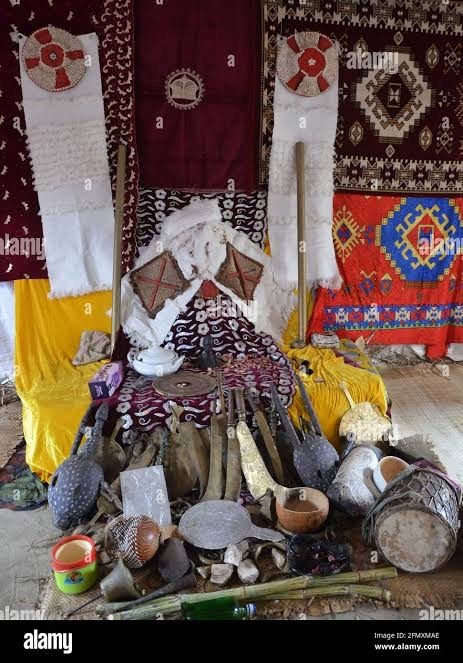
However, the significance of African shrines extends beyond the realm of spirituality. They are also repositories of cultural knowledge, oral traditions, and historical narratives passed down through generations. Within the sacred precincts of these sites, elders impart wisdom, storytellers weave tales of heroism and creation, and artists imbue their craft with symbols and motifs that speak to the essence of African identity.
Unfortunately, the colonial era and the spread of Christianity and Islam have often marginalized indigenous African religions, dismissing them as primitive or pagan. Despite this, many communities continue to uphold their traditional beliefs, adapting them to the challenges of modernity while preserving their core values and rituals. In recent years, there has been a renewed interest in African spirituality, fueled by a desire to reclaim cultural heritage and reconnect with ancestral roots.
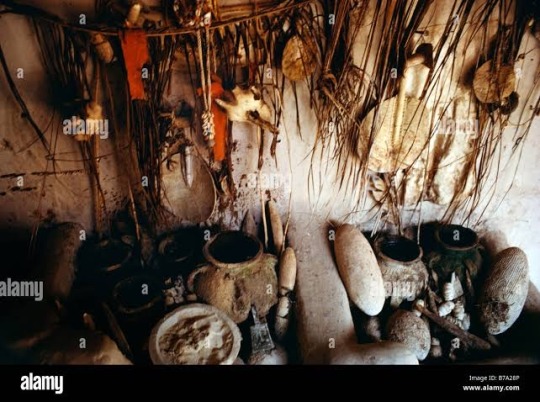
In conclusion, African shrines and religion embody the resilience, diversity, and spirituality of the continent's people. They are more than just places of worship; they are living testaments to the enduring legacy of Africa's past and the enduring power of its traditions. As we navigate an increasingly interconnected world, embracing and honoring Africa's rich heritage is not only a matter of cultural preservation but also a celebration of the human spirit's boundless capacity for faith, creativity, and reverence for the divine.
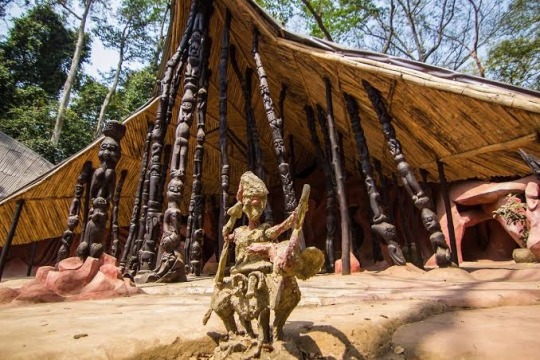
#life#animals#culture#aesthetic#black history#history#blm blacklivesmatter#anime and manga#architecture#black community
49 notes
·
View notes
Text

#black panther#black community#original photographers#black people#graphic design#black art#black history#black culture#artwork#black power#black family#black woman#black women#black hair#black positivity#black love#black tumblr
705 notes
·
View notes
Text
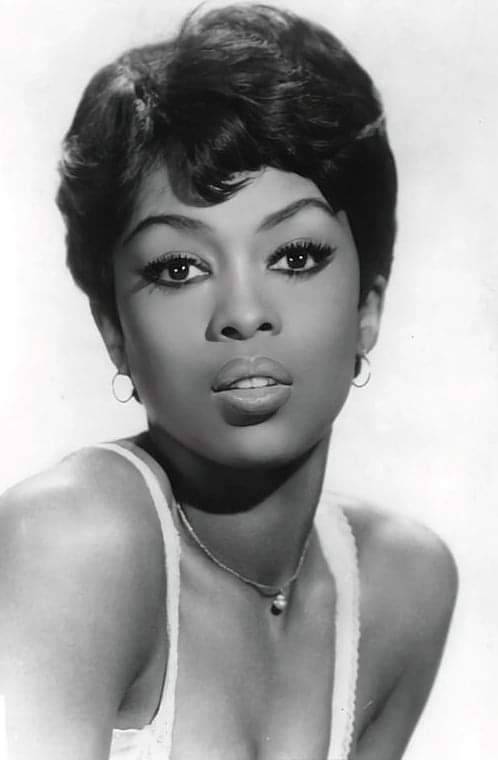
Loletha Elayne Falana or Loletha Elaine Falana (born September 11, 1942), better known by her stage name Lola Falana, is an American singer, dancer, and actress.
#lola falana#black history#black tumblr#black literature#black excellence#black community#black girl magic#dancer#american singer#american actress#beautiful black women#beautiful#talented
2K notes
·
View notes
Text

Happy black history month ya'll!!!
#black history month#black lives still matter#black lives are important#black lives fucking matter#black lives have always mattered#black lives matter#black liberation#black community#poc artist#blm#my art 2024#black power#blm is not a terrorism group#black is beautiful#black is divine#artists on tumblr#black artists#artists of color#black artists on tumblr#fluffytimearts#my artwork#my art#yes yes I know another artstyle change fuck off--#signal boost#chibi art#chibi style#black history month 2024
519 notes
·
View notes
Text
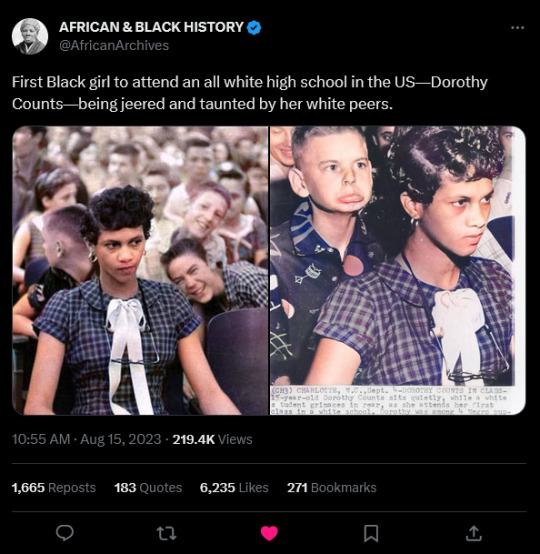
#blm#discrimination#defund the police#bipoc#black lives matter#civil rights#black lives fucking matter#lgbtqia#black lives movement#black lives have always mattered#black lives are important#black history#lgbtq#black liberation#african american history#civil rights movement#black community#civil war#civil liberties#black history month#black pride#black culture#black archives#black excellence
777 notes
·
View notes
Text

#blackisbeautiful#blackistheblueprint#blackbeauty#blackpeoplemakemesmile#afrocentrism#beloved community#panafricanism#african diaspora#rootingforeverybodyblack#blackculture#black community#blackpeople#if you're black you're lucky#fortheculture#blackjoy#blackjoyisrevolutionary#allblackeverything#blackisavibe#blackpride#blackpower#blacktumblr
756 notes
·
View notes
Text
Kwanzaa:
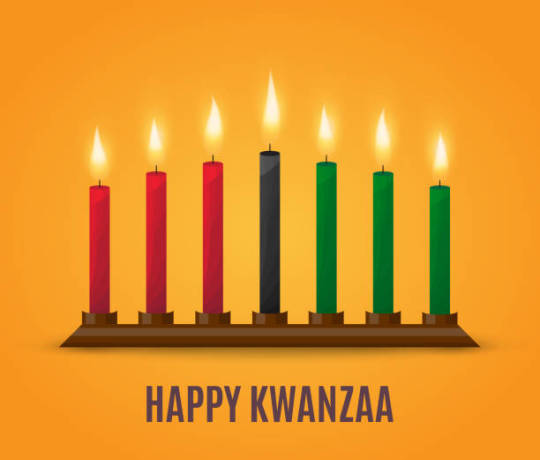
Kwanzaa, an annual holiday celebrated primarily in the United States from December 26 to January 1, emphasizes the importance of pan-African family and social values. It was devised in 1966 by Maulana Karenga, Inspired by Africa’s harvest celebrations, he decided to develop a nonreligious holiday that would stress the importance of family and community while giving African Americans an opportunity to explore their African identities. Kwanzaa arose from the black nationalist movement of the 1960s and was created to help African Americans reconnect with their African cultural and historical heritage. The holiday honors African American people, their struggles in the United States, their heritage, and their culture. Kwanzaa's practices and symbolism are deeply rooted in African traditions and emphasize community, family, and cultural pride. It's a time for reflection, celebration, and the nurturing of cultural identity within the African American community.
Kwanzaa is a blend of various African cultures, reflecting the experience of many African Americans who cannot trace their exact origins; thus, it is not specific to any one African culture or region. The inclusiveness of Kwanzaa allows for a broader celebration of African heritage and identity.
Karenga created Kwanzaa during the aftermath of the Watts riots as a non-Christian, specifically African-American, holiday. His goal was to give black people an alternative to Christmas and an opportunity to celebrate themselves and their history, rather than imitating the practices of the dominant society. The name Kwanzaa derives from the Swahili phrase "matunda ya kwanza," meaning "first fruits," and is based on African harvest festival traditions from various parts of West and Southeast Africa. The holiday was first celebrated in 1966.
Each day of Kwanzaa is dedicated to one of the seven principles (Nguzo Saba), which are central values of African culture that contribute to building and reinforcing community among African Americans. These principles include Umoja (Unity), Kujichagulia (Self-Determination), Ujima (Collective Work and Responsibility), Ujamaa (Cooperative Economics), Nia (Purpose), Kuumba (Creativity), and Imani (Faith). Each family celebrates Kwanzaa in its own way, but Celebrations often include songs, dances, African drums, storytelling, poetry readings, and a large traditional meal. The holiday concludes with a communal feast called Karamu, usually held on the sixth day.
Kwanzaa is more than just a celebration; it's a spiritual journey to heal, explore, and learn from African heritage. The holiday emphasizes the importance of community and the role of children, who are considered seed bearers of cultural values and practices for the next generation. Kwanzaa is not just a holiday; it's a period of introspection and celebration of African-American identity and culture, allowing for a deeper understanding and appreciation of ancestral roots. This celebration is a testament to the resilience and enduring spirit of the African-American community.
"Kwanzaa," Encyclopaedia Britannica, last modified December 23, 2023, https://www.britannica.com/topic/Kwanzaa.
"Kwanzaa - Meaning, Candles & Principles," HISTORY, accessed December 25, 2023, https://www.history.com/topics/holidays/kwanzaa-history.
"Kwanzaa," Wikipedia, last modified December 25, 2023, https://en.wikipedia.org/wiki/Kwanzaa.
"Kwanzaa," National Museum of African American History and Culture, accessed December 25, 2023, https://nmaahc.si.edu/explore/stories/kwanzaa.
"The First Kwanzaa," HISTORY.com, accessed December 25, 2023, https://www.history.com/this-day-in-history/the-first-kwanzaa.
My Daily Kwanzaa, blog, accessed December 25, 2023, https://mydailykwanzaa.wordpress.com.
Maulana Karenga, Kwanzaa: A Celebration of Family, Community and Culture (Los Angeles, CA: University of Sankore Press, 1998), ISBN 0-943412-21-8.
"Kente Cloth," African Journey, Project Exploration, accessed December 25, 2023, https://projectexploration.org.
Expert Village, "Kwanzaa Traditions & Customs: Kwanzaa Symbols," YouTube video, accessed December 25, 2023, [Link to the specific YouTube video]. (Note: The exact URL for the YouTube video is needed for a complete citation).
"Official Kwanzaa Website," accessed December 25, 2023, https://www.officialkwanzaawebsite.org/index.html.
Michelle, Lavanda. "Let's Talk Kwanzaa: Unwrapping the Good Vibes." Lavanda Michelle, December 13, 2023. https://lavandamichelle.com/2023/12/13/lets-talk-kwanzaa-unwrapping-the-good-vibes/.
296 notes
·
View notes
Text
Happy Black History Month 🤎 I love us.
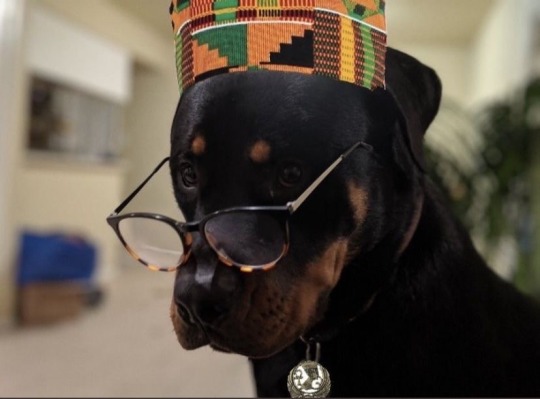
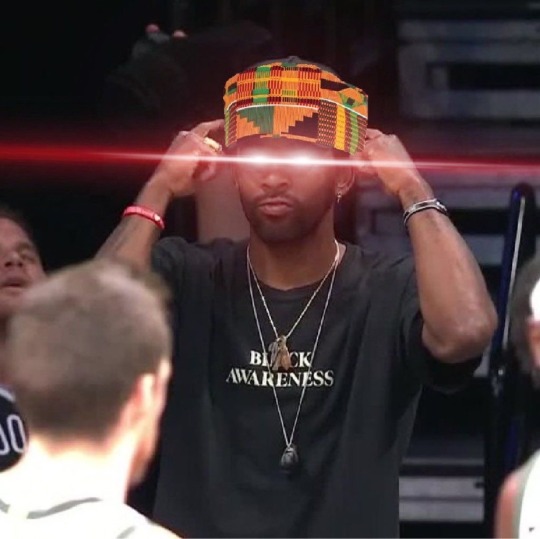


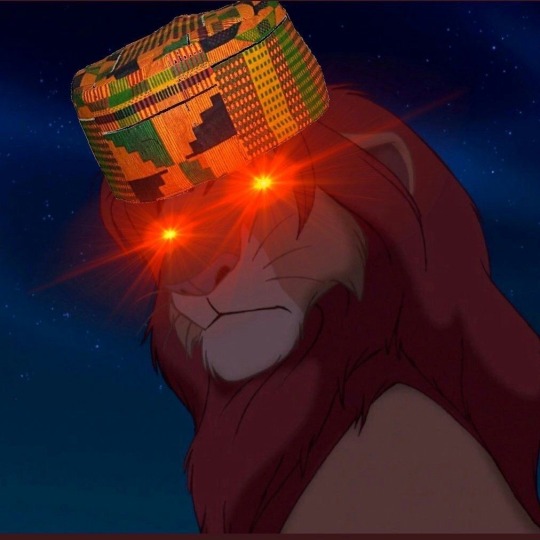

#happy black history month#black history month#black history#i love being black#black folks#black community#black pride#black memes
328 notes
·
View notes
Text




#beyonce renaissance#beyoncé#bey#beyonce edit#beyonce brasil#beyonce#queen bey#black queen#black artist#queen bee#beyoncé knowles carter#lgbtqia+#lgbtqia+ community#black community#renaissance world tour#renaissance art
607 notes
·
View notes
Text
Title: "The Significance and Diversity of African Names"
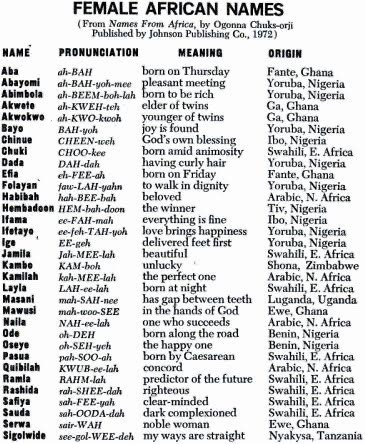
Introduction
African names are a reflection of the continent's incredible diversity, culture, history, and traditions. With over 2,000 distinct languages spoken and a multitude of ethnic groups, Africa is a treasure trove of names that carry deep meanings and unique stories. In this article, we'll explore the rich tapestry of African names, their significance, and the cultural diversity they represent.
The Importance of Names
Names hold a special place in African societies. They are more than mere labels; they encapsulate a person's identity, heritage, and often convey messages of hope, aspiration, and blessings. African names are deeply rooted in the belief that a name can shape a person's destiny and character.
Linguistic Diversity
Africa's linguistic diversity is astounding, with thousands of languages spoken across the continent. Each language group has its distinct naming traditions, resulting in a vast array of names. For example, in West Africa, Akan names such as "Kwame" (born on a Saturday) and "Kofi" (born on a Friday) are common, while in East Africa, Swahili names like "Amina" (trustworthy) and "Nia" (purpose) are prevalent.
Meanings and Symbolism
African names are rich in meaning and symbolism, often reflecting the circumstances of a child's birth, their family history, or the aspirations of their parents. Names can signify virtues like courage, strength, and wisdom or convey hopes for a prosperous and fulfilling life.
Family and Heritage
In many African cultures, names are chosen to honor ancestors, celebrate cultural heritage, or connect the child to their roots. This practice ensures that generations remain connected to their family's history and traditions. For example, the Igbo people of Nigeria often use "Ngozi" (blessing) to convey the hope for a blessed life..
Naming Ceremonies
Naming ceremonies are significant events in many African communities. These ceremonies are joyous occasions where family and friends gather to celebrate the birth of a child and bestow a name. The rituals and customs associated with these ceremonies vary widely, showcasing the diversity of African naming traditions.
Modern Influences
In today's globalized world, African names are not confined to the continent. Many people of African descent living outside Africa proudly bear African names, celebrating their cultural heritage and contributing to the global recognition of the beauty and significance of these names.
Conclusion
African names are a testament to the continent's diversity, culture, and history. They carry profound meanings, connect individuals to their heritage, and celebrate virtues and aspirations. As we embrace and appreciate the beauty of African names, we also acknowledge the importance of preserving and passing on these cultural treasures to future generations, ensuring that the rich tapestry of African identity remains vibrant and thriving.
1. **Kwame (Akan, Ghana):** A male name meaning "born on a Saturday."
2. **Ngozi (Igbo, Nigeria):** A unisex name meaning "blessing" or "good fortune."
3. **Lulendo (Lingala, Congo):** A male name meaning "patient" or "tolerant."
4. **Amina (Swahili, East Africa):** A female name meaning "trustworthy" or "faithful."
5. **Kwesi (Akan, Ghana):** A male name meaning "born on a Sunday."
6. **Nia (Swahili, East Africa):** A unisex name meaning "purpose" or "intention."
7. **Chinwe (Igbo, Nigeria):** A female name meaning "God owns" or "God's own."
8. **Mandla (Zulu, South Africa):** A male name meaning "strength" or "power."
9. **Fatoumata (Wolof, Senegal):** A female name meaning "the great woman."
10. **Kofi (Akan, Ghana):** A male name meaning "born on a Friday."
These are just a few examples, and there are countless other African names with unique meanings and significance. It's essential to remember that Africa is incredibly diverse, and each region and ethnic group has its own naming traditions and languages, contributing to the rich tapestry of African names.
The most popular African names among Black Americans can vary widely based on individual preferences, family traditions, and regional influences. Many Black Americans choose names that connect them to their African heritage and celebrate their cultural roots. Here are a few African names that have been embraced by some Black Americans:
1. **Malik:** This name has Arabic and African origins and means "king" or "ruler."
2. **Amina:** A name of Swahili origin, meaning "trustworthy" or "faithful."
3. **Kwame:** Derived from Akan culture, it means "born on a Saturday."
4. **Nia:** A Swahili name representing "purpose" or "intention."
5. **Imani:** Of Swahili origin, it means "faith" or "belief."
6. **Jamal:** This name has Arabic and African roots and means "handsome."
7. **Ade:** A Yoruba name meaning "crown" or "royalty."
8. **Zuri:** Of Swahili origin, it means "beautiful."
9. **Sekou:** Derived from West African languages, it means "fighter" or "warrior."
10. **Nala:** This name is of African origin and means "gift."
It's important to note that while these names have African origins, their popularity among Black Americans can vary by region and individual choice. Additionally, some Black Americans choose to create unique or hybrid names that blend African and American influences, reflecting their personal and cultural identities. The naming choices among Black Americans are diverse and reflect the rich tapestry of their heritage and experiences.
African Languages: A Tapestry of Diversity and Culture"
Introduction
Africa is a continent known for its stunning natural landscapes, diverse wildlife, and rich cultural heritage. Among its many treasures, the continent boasts an astonishing linguistic diversity that is often overlooked. In this article, we delve into the fascinating world of African languages, exploring their diversity, cultural significance, and the challenges they face in a rapidly changing world.
The Linguistic Kaleidoscope
Africa is home to over 2,000 distinct languages, making it one of the most linguistically diverse regions on the planet. These languages belong to several different language families, including Afroasiatic, Nilo-Saharan, Niger-Congo, and Khoisan, each with its unique characteristics.
Niger-Congo Family: The vast majority of African languages, including Swahili, Yoruba, Zulu, and Kikuyu, belong to the Niger-Congo language family. This family stretches across West, Central, and Southern Africa, reflecting the continent's linguistic richness.
Afroasiatic Languages: Arabic, a member of the Afroasiatic family, has a significant presence in North Africa, while other Afroasiatic languages like Amharic are spoken in the Horn of Africa.
Nilo-Saharan Languages: Found in parts of East and North Central Africa, Nilo-Saharan languages include Dinka, Kanuri, and Nubian.
Khoisan Languages: These languages, characterized by their unique click consonants, are primarily spoken by indigenous groups in Southern Africa, such as the San and Khoi people.
Cultural Significance
African languages are not just tools of communication; they are repositories of cultural heritage and identity. They carry the history, stories, and traditions of their speakers. Each language is a key to unlocking the rich tapestry of African cultures, from oral storytelling and folklore to religious rituals and traditional medicine
Preserving Cultural Diversity
Despite their cultural importance, many African languages are endangered. The rise of global languages like English, French, and Portuguese, often due to colonial legacies, has led to the decline of indigenous languages. To address this, efforts are being made to document, preserve, and revitalize endangered African languages through education, community initiatives, and technology.
A Language of Unity
In some regions, African languages are a means of fostering unity. For example, Swahili, a Bantu language with Arabic influences, serves as a lingua franca in East Africa, promoting communication and cooperation among diverse ethnic groups.
Challenges and Opportunities
While African languages face challenges in an increasingly interconnected world, they also offer unique opportunities. Embracing linguistic diversity can strengthen cultural identities, promote inclusive education, and drive economic growth through multilingualism.
Conclusion
African languages are an integral part of the continent's rich heritage and cultural tapestry. They represent the diversity of Africa's peoples and their traditions. While challenges exist, there is hope that efforts to preserve and celebrate these languages will ensure that they continue to thrive, enriching the world with their unique beauty and significance. In an increasingly globalized world, Africa's linguistic diversity is a testament to the resilience and vibrancy of its cultures.
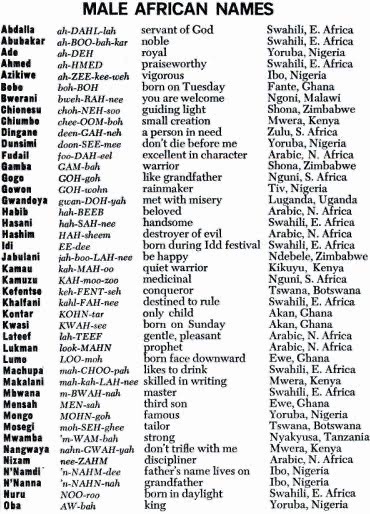
#life#animals#culture#aesthetic#black history#history#blm blacklivesmatter#anime and manga#architecture#black community#language
701 notes
·
View notes
Text


KOFI SIRIBOE Ebony Magazine Behind The Scenes
#kofi siriboe#mocedit#pocedit#kofisiriboeedit#dailymoc#mancandykings#dailymenedit#mineedits#melanin#black tumblr#blackactorsdaily#pocpopculture#fine black men#black boy joy#black men#mensource#Black love#global black on black love#black community#black culture#black couples#blackgirlmagic
223 notes
·
View notes
Text

#black community#black people#original photographers#black art#graphic design#america#artwork#black culture#black hair#black power#africa fashion#african art#african american#africa#black history#black tumblr#black is beautiful
439 notes
·
View notes
Text
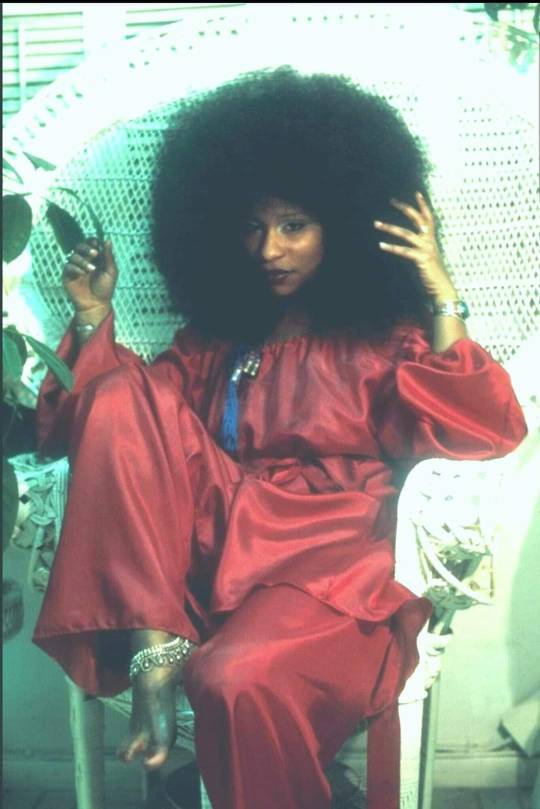
Chaka Khan
#chaka khan#black tumblr#black excellence#black community#black girl magic#female singer#black singers#beautiful voice#blackexcellence365#american singer#70s music#70s fashion#afros#beautiful hair#70s nostalgia
2K notes
·
View notes
Text

What is your first initial thought when laying eyes on this image? 😌🙃😳😰😎🥱
#black history month#black history#black americans#luxury#level up#beauty#gentillmatic#quiet luxury#aesthetic#oh yes#revenge#thoughts#art#photography#message from spirit#melanin beauty#melanin#black people#black community#black tumblr#flexculture#african america history#american history
165 notes
·
View notes
Text
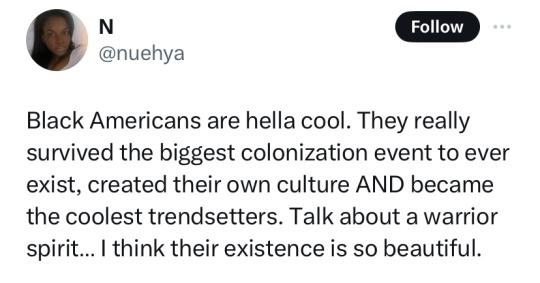
Fr
#black americans#black culture#black is beautiful#black women#black men#history#warriors#black community
348 notes
·
View notes